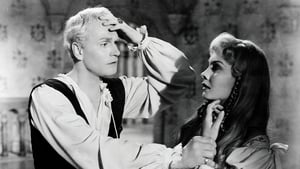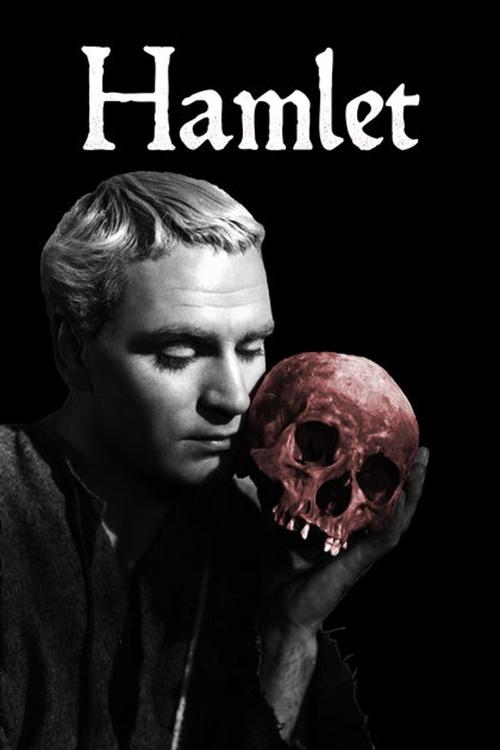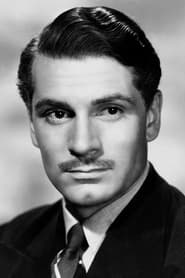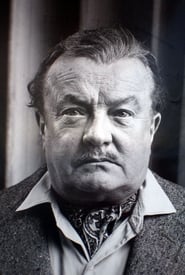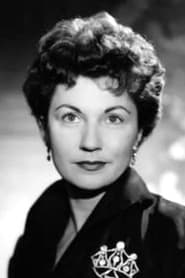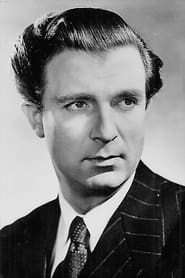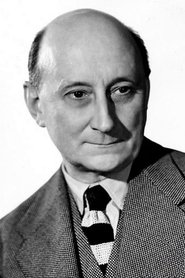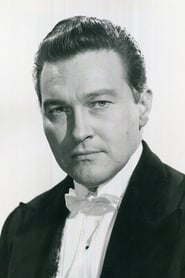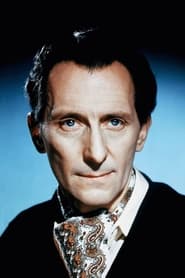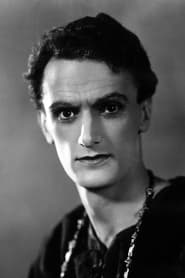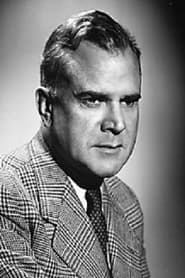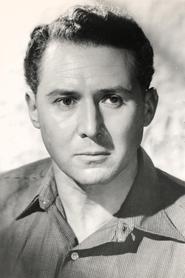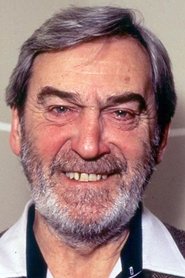Cast
View AllLaurence Olivier
as Hamlet - Prince of Denmark / Voice of Ghost
Basil Sydney
as Claudius - The King
Eileen Herlie
as Gertrude - The Queen
Norman Wooland
as Horatio - His Friend
Felix Aylmer
as Polonius - Lord Chamberlain
Jean Simmons
as Ophelia
Terence Morgan
as Laertes
Peter Cushing
as Osric
Stanley Holloway
as Gravedigger
Russell Thorndike
as Priest
John Laurie
as Francisco
Esmond Knight
as Bernardo
Anthony Quayle
as Marcellus
Harcourt Williams
as First Player
Patrick Troughton
as Player King
Crew
Director
- Laurence Olivier
Producer
- Laurence Olivier
Reviews
CinemaSerf
Did you ever notice how Laurence Olivier never looks to camera when he speaks in this film? Even during the most potent of his soliloquies, he always manages to avoid any direct eye contact with the audience! His "Hamlet", here, though, is the definitive representation of this troubled Shakespearian character and combined with an excellently selected cast, we are presented with quite a compelling 2½ hours of tautly directed and gloriously eerily lit tragic drama. His father has been slain and his mother "Gertrude" (Eileen Herlie) has remarried his brother, now the king, "Claudius" (Basil Sydney). "Hamlet" is suspicious that this man had a hand in that murder, quite possibly his mother did too - but he cannot prove anything. That's where his father's ghost helps out - he reveals the secrets of his assassination and his son decides to incorporate these deeds into a play that he hopes, will shame the murderers and torture their souls. Not quite, and an unfortunate altercation in his mother's chamber sees him despatched, formally, to England but en route he encounters some pirates who might just be able to return him home for a show-down with the conniving liars and schemers at court. Olivier's masterful interpretation of this troubled and vacillating character is probably as near to that intended by the playwright as it's possible to get. That said, it's still an abridged version he delivers (I saw this on stage at the RSC many years ago with Kenneth Branagh, and it came in at over four hours) so he does have to sacrifice some of the dialogue from this longest of his plays, but that isn't so important as the dark and gloomy photography does much of the supportive heavy lifting and we can actually see enough to compensate for the dispensing of some of the more descriptive narrative. Jean Simmons is remarkable as the young "Ophelia" - a woman in whom "Hamlet" has a romantic interest, but who has been sternly warned by father "Polonius" (Felix Aylmer) to stay away! That relationship is further compromised as she struggles, mentally, when her father is also a victim of murder most foul. Sydney is also quite effective here as the king gradually begins to struggle with the guilt of his crime - and as ever with this writer, that inevitable descension into madness is grippingly presented by a series of increasingly desperate monologues. The extended denouement is the literal epitome of tragedy and confusion - with poison abounding: but rarely does it go into the right mouth, and at the conclusion it falls to "Fortinbras" to promise to regale this story to any who will listen. A solid and engaging story, with twist, turns, treachery and duplicity, love, honour and betrayal - all of the ingredients for a great drama with an excellent cast that really does captivate the imagination.
Feb 4, 2024
Thematic Analysis
As a dramatic work, Hamlet examines complex human relationships and emotional struggles against the backdrop of a period setting that reflects societal issues of its time. The character development particularly stands out, offering viewers a chance to reflect on their own life journeys.
Director Laurence Olivier brings their distinctive visual style to this film, continuing their exploration of themes seen in their previous works while adding new elements. Their approach to character development and emotional depth creates a viewing experience that rewards close attention.
Released in 1948, the film exists within a cultural context that now offers viewers historical perspective on the social issues of that era. Its critical acclaim reflects its artistic achievements and its place in cinema history.
Did You Know?
- The production of Hamlet took approximately 5 months from pre-production to final cut.
- With a budget of $0.8 million, the film represented a significant investment in bringing this story to the screen.
- The final cut of the film runs for 153 minutes, though the director's initial assembly was reportedly 185 minutes long.
- The musical score contains over 45 unique compositions.
- Several scenes were filmed in multiple locations to capture the perfect setting.
- The cast underwent specialized training for 5 weeks before filming began.
Historical Context
- In 1948, when this film was released:
- The civil rights movement was gaining momentum in the United States.
- The Cold War was intensifying, influencing global politics and culture.
- The film industry was dominated by major studios, with independent cinema still in its early development.
How This Film Stands Out
While Hamlet shares thematic elements with other films in its genre, it distinguishes itself through its unique approach to storytelling, visual style, and character development.
Unlike Terms of Endearment, which focuses more on action than character development, Hamlet subverts genre expectations by exploring its themes with greater nuance.
While films like Quills and Beautiful Thing explore similar territory, Hamlet stands apart through its distinctive directorial vision and pacing.
This film's unique contribution to cinema lies in its thoughtful balance of entertainment value and thematic depth, making it a valuable addition to its genre.
Details
- Release Date: December 10, 1948
- Runtime: 2h 33m
- Budget: $750,000
Where to Watch





